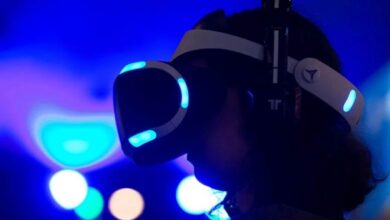How humans bond: The brain chemistry revealed


In new research, Northeastern University psychology professor Lisa Feldman Barrett found, for the first time, that the neurotransmitter dopamine is involved in human bonding, bringing the brain’s reward system IGNORE INTO our understanding of how we form human attachments.
The study, of 19 mother-infant pairs, has important implications for therapies addressing postpartum depression as well as disorders of the dopamine system such as Parkinson’s disease, addiction, and social dysfunction.
The researchers focused on the neurotransmitter dopamine, a chemical that acts in various brain systems to spark the motivation necessary to work for a reward. The researchers compared the mothers’ levels of dopamine to their degree of synchrony with their infants as well as to the strength of the connection within the brain’s medial amygdala network. This brain network helps support social affiliation.
Barrett said: “The infant brain is very different from the mature adult brain; it is not fully formed. Infants are completely dependent on their caregivers. Whether they get enough to eat, the right kind of nutrients, whether they’re kept warm or cool enough, whether they’re hugged enough and get enough social attention, all these things are important to normal brain development.”
“Our study shows clearly that a biological process in one person’s brain, the mother’s, is linked to behavior that gives the child the social input that will help wire his or her brain normally. That means parents’ ability to keep their infants cared for leads to optimal brain development, which over the years results in better adult health and greater productivity.” She concluded.
Before performing the scans, the researchers videotaped the mothers at home interacting with their babies and applied measurements to the behaviors of both to determine their degree of synchrony. They also recorded the infants playing on their own.
While in the brain scanner, each mother viewed footage of her own baby at solitary play as well as an unfamiliar baby at play while the researchers measured dopamine levels, with PET, and tracked the strength of the medial amygdala network, with fMRI.
The mothers who were more synchronous with their own babies showed both an increased dopamine response when viewing their child at play and stronger connectivity within the medial amygdala network.
The findings, says Barrett, are “cautionary.”
“They have the potential to reveal how the social environment impacts the developing brain,” she says. “People’s future health, mental and physical, is affected by the kind of care they receive when they are babies. If we want to invest wisely in the health of our country, we should concentrate on infants and children, eradicating the adverse conditions that interfere with brain development.”
Prepared by





